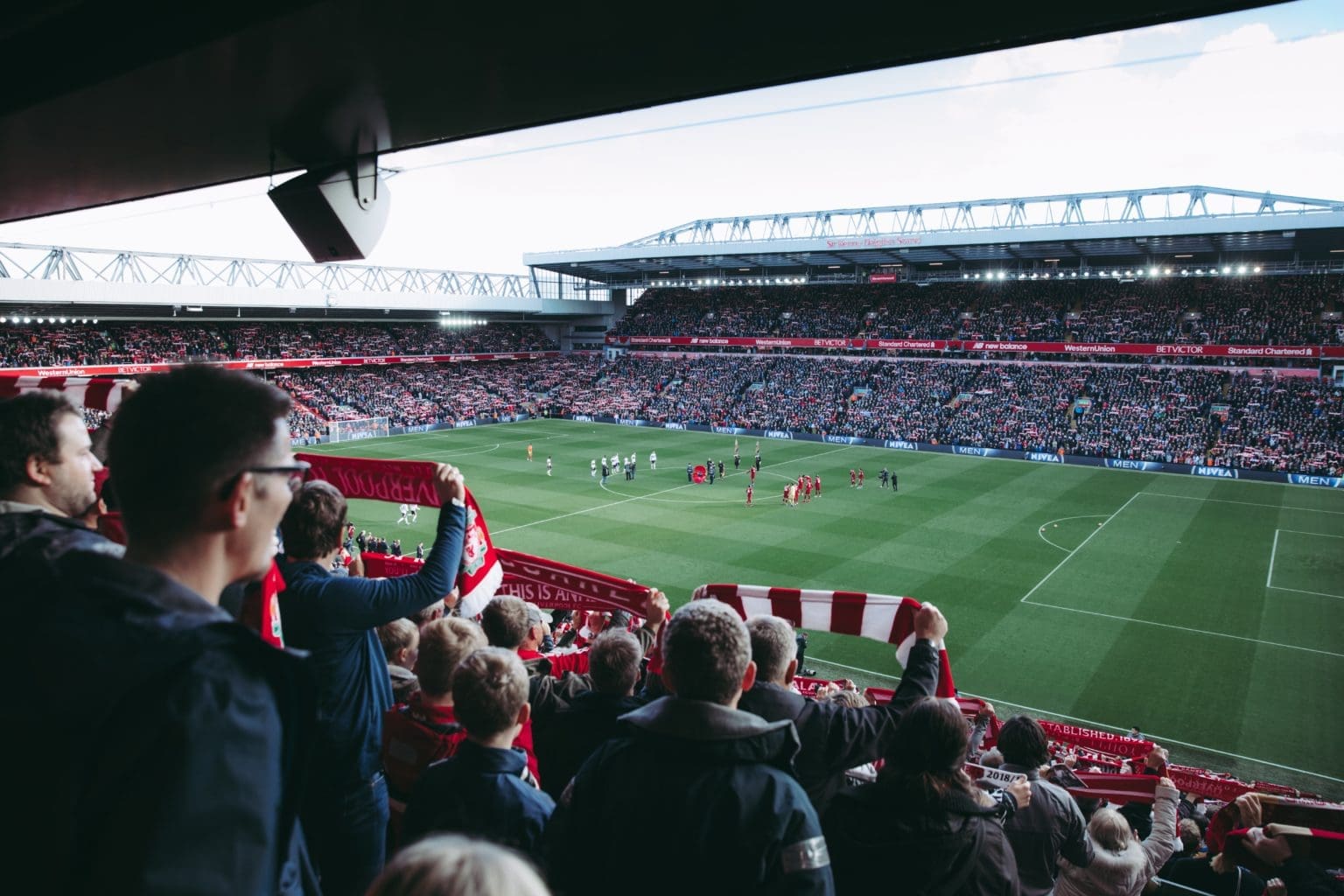The Premier League resumed action back on 17 June, with the temporarily changed rules altering the general dynamic of matches. In turn, the new rules package has affected the betting experience in a myriad of ways.
This year marks the very first time Premier League games have been played in June and July.
Goal time markets
In a majority of cases, live Premier League matchday betting prices will fluctuate the longer time goes on without a goal. Sometimes, even odds-on favorites can eventually find themselves with odds against them at a very late stage.
However, that process will often begin much more quickly in the first few games after a long pause, especially if it far exceeds the usual duration of a close-season. This is because many players are likely to lack the sort of stamina and match sharpness they boasted in the autumn of the preceding campaign.
Though every team in the league has shown various degrees of ‘rust’ after an unprecedented three-month layoff, the teams with a lower average age are now deemed likelier than ever to pop up with late goals. That is certainly the case where goals beyond the hour mark (the 61st minute or later) are concerned.
In turn, the possibility of goals within the 76th-90th minute goal bracket takes the spotlight too, with goals in injury time treated as 90th minute goals unless otherwise stated. Most bookmakers will split their mainstream goal markets into 15-minute intervals, giving bettors an optimal chance to make a calculated choice based on the strengths and weaknesses of teams involved.
Multi goal markets (players)
The lack of fitness should, in theory, be a prime opportunity for those with the physique to withstand a long layoff to score multiple goals in matches. However, the popularity of markets pertaining to players scoring braces (two goals in the same match) or hat-tricks has dived considerably in light of the newly-enabled ‘five substitutes’ rule.
Multi-goal markets for individual players will inevitably regain their former popularity, as players grow into the post-restart period and acclimatize to summer conditions. By the latter half of July, there will also be at least one confirmed relegation team, and likely one more team after Liverpool assured of Champions League football.
In turn, some teams will have very low motivation levels, making them rich for punishment at the hands of more purposeful players. This could open the door to some landslide victories, with a magnitude close to the one produced by a visiting Leicester team against Southampton in October:
Other markets & a case study
Without the presence of baying, hostile fans, away teams are seen as having more of a chance than ever of winning at certain stadia, which may have proved troublesome in the past. Certain leagues have yielded relatively greater numbers of away wins between May and June, compared to the average number attained between August and March.
Over in Germany, the Bundesliga has proven to be a prime example of how disadvantageous it can be to play at home without fans in attendance. This comparison between key relevant statistics in the first 25 Bundesliga matchdays, versus those recorded in the first three match weeks post-restart, illustrates the extent of this:
With statistics like these, it is hardly any wonder at all that the odds against ‘handicap’ wins (by two or more goals) for away teams have also become much shorter than they normally would be.
Overall, the main issue is fitness and conditioning – and this will apply worldwide, as leagues reopen under strict conditions. A period of three or more months without playing is also bound to affect a team’s chances of recovering from a half-time deficit, thereby having a distinct effect on the ever-popular half-time/full-time betting market.
Meanwhile, on a more long-term basis, there will most certainly be a point of comparison between English, Spanish, Italian, Portuguese and German clubs, versus French, Belgian and Dutch clubs who found their season voided before the full schedule could be completed.
